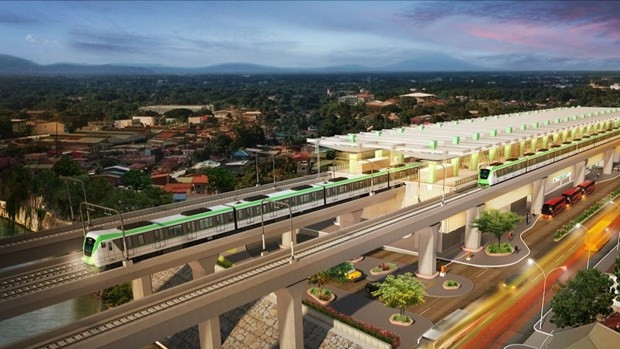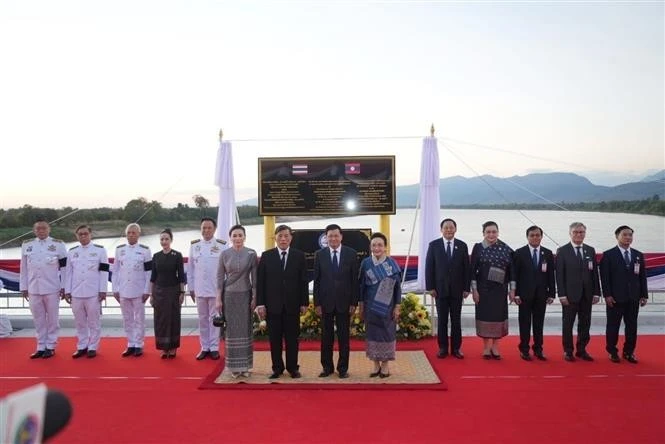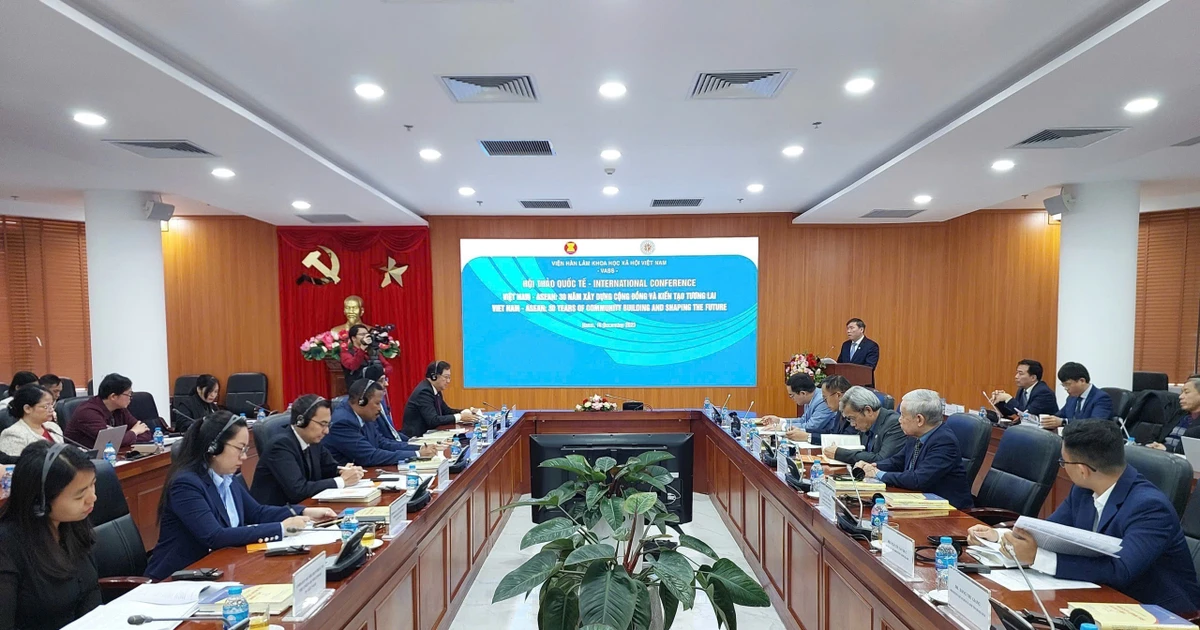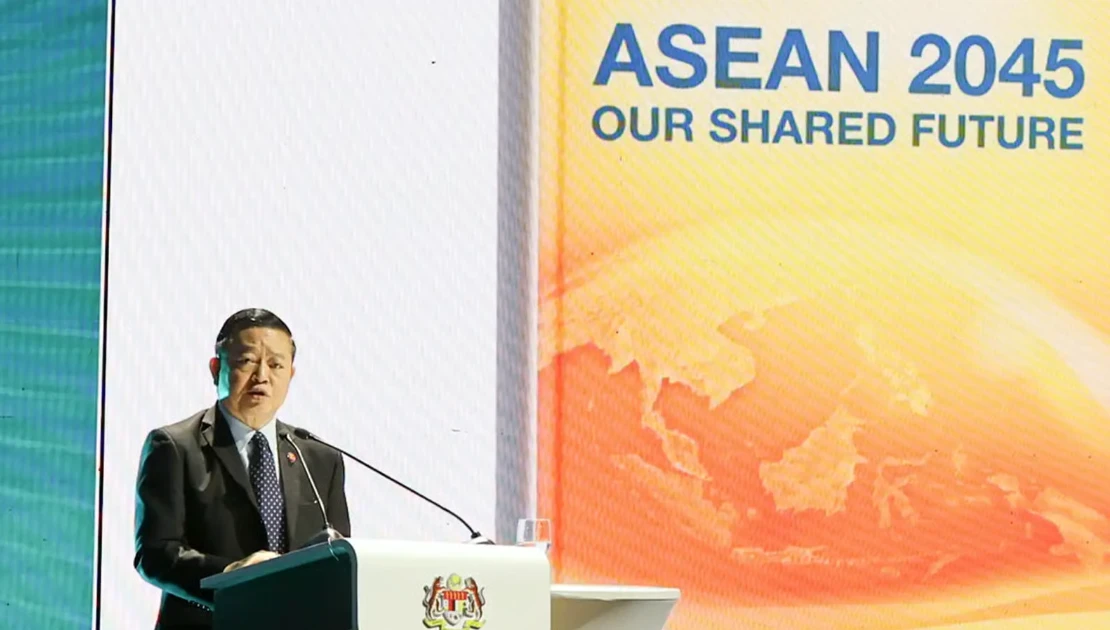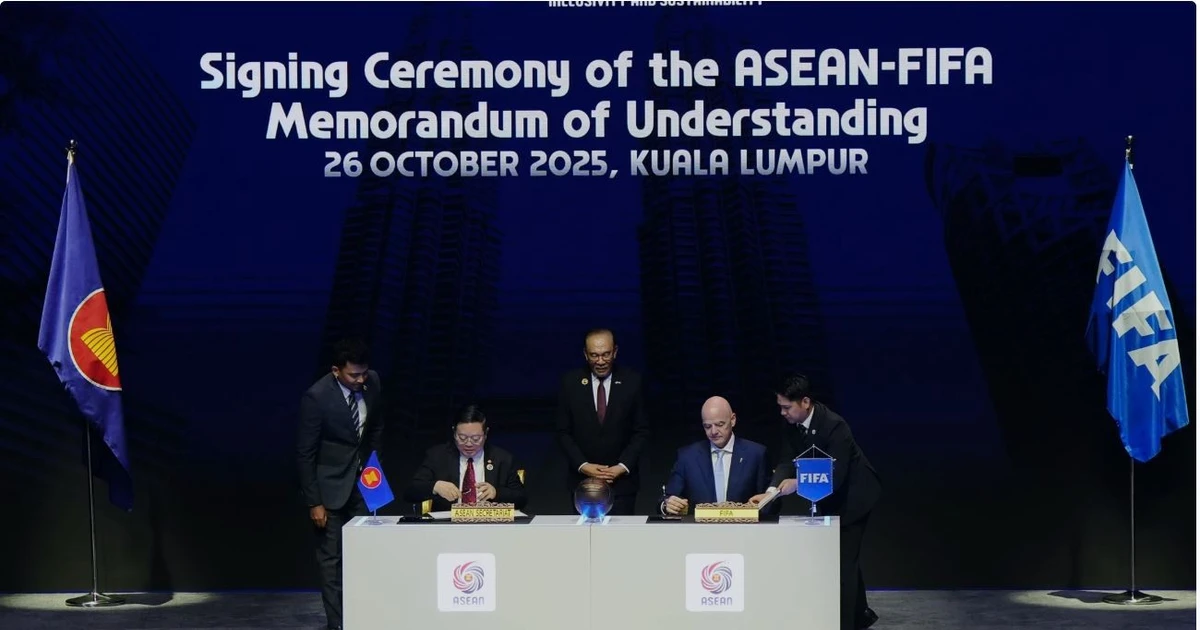The investment in the South Commuter Railway Project, which is part of the North–South Commuter Railway (NSCR) network, is ADB’s largest infrastructure financing in the Asia and Pacific region to date.
Once completed, the South Commuter Railway will offer commuters fast public transport, help to ease road traffic congestion, and contribute to a reduction in greenhouse gas emissions in line with the Philippines’ climate change agenda. The project follows ADB’s financing of the Malolos–Clark Railway line north of the capital, for which construction is ongoing.
“The South Commuter Railway Project will provide affordable, safe, reliable, and fast public transport for commuters,” ADB Vice-President for East Asia, Southeast Asia, and the Pacific Ahmed M. Saeed said in the bank’s a news release issued on June 9.
“This project represents ADB’s biggest infrastructure investment and reflects our commitment to helping the Philippines attain its goals of reducing poverty, improving the lives of Filipinos, and achieving green, resilient, and high economic growth.”
The project includes the construction of 18 stations designed to provide safe access for all, including the elderly, women, children, and people with disabilities; and a connecting tunnel to allow the operation of direct trains from Calamba to stations on the future Metro Manila Subway system.
All infrastructure will be designed to be disaster-resilient and able to withstand typhoons and earthquakes. The project will reduce travel time between Manila and Calamba by over half, from 2.5 hours currently by road.
In 2019, the ABD committed to fund a 2.5 billion USD railway line north of the capital that is currently under construction. Once the projects are completed, the Philippines will have 1,209km of railways.
